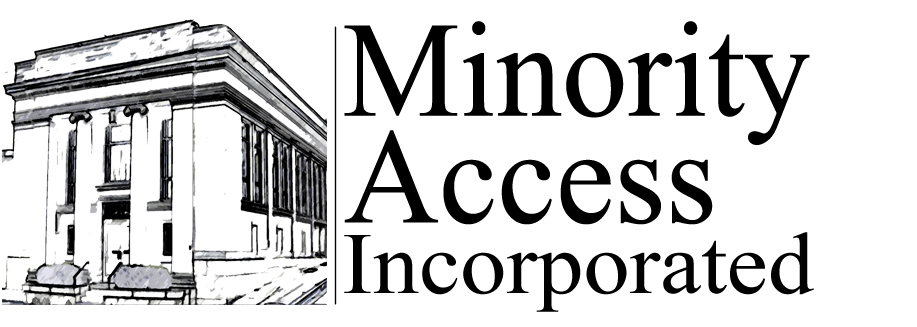Minority Access' Role Models Project
The National Role Models Project is a tried strategy with a new twist. Rather than honoring glamorous stars of sports and entertainment as role models, Minority Access honors inspiring students, faculty, alumni, innovators and diverse institutions as role models to expand the pool of minority scientists, researchers and professionals in fields underrepresented by minorities. Although Minority Access takes great pride in providing a venue for publicizing and honoring role models, the National Role Models Conference, we believe that the success of the program is not limited to the identification and recognition of high achievers, but has a broader impact. By expanding the pool of research and technology talent from underrepresented groups, we contribute to the strength of the nation. The National Role Models Project addresses the need to replenish from domestic sources -- albeit heretofore largely untapped -- research, science and technology positions being vacated by a retiring workforce to ensure our nation's long term competitive edge in a global society.
Distinguished Role Model honorees are assembled not for self-adulation but rather as a part of a well designed developmental strategy. The White House Office of Science and Technology warns that if America is to sustain its remarkable growth based on technology, it must increase the flow of young people - including minorities - into sciences. The National Institutes of Health warns that if we are to reduce the disparities which are currently great between the health of minorities and that of the general population, we must increase the flow of relevant researchers entering the biomedical research field in order to find cures for the illnesses that disproportionately affect minorities. National Aeronautics and Science Administration (NASA) stresses that if it is to fulfill successfully its strategic enterprises, America must increase the flow of undergraduates - including minorities - going into research in scientific areas relevant to NASA's missions. The U.S. Coast Guard has concluded that if it is to look like America, whose face in this century is rapidly changing, it must attract cadets to the U.S. Coast Guard Academy from currenly underrepresented groups. But these new cadets must meet the high, rigorous standards, particularly in the technical fields, for which the U.S. Coast Academy is known. Minority Access is convinced that it can help simply by parading before its vast network of high-performing young people, real, live, believable role models.
The concept emulates an effective strategy in the entertainment and sports fields. Noticing that exposing young people to high profile individuals in these glitzy worlds as role models generated an insatiable desire to emulate them, Minority Access questioned why this should not work for disciplines underrepresented by minority talent. And unlike the many hopes dashed by the realization that only a few become stars in the entertainment and sports industries, success can be plentiful for those seeking rewarding careers in research, science, health, engineering and technology.




